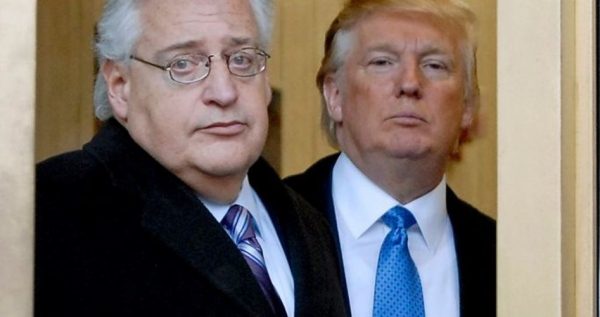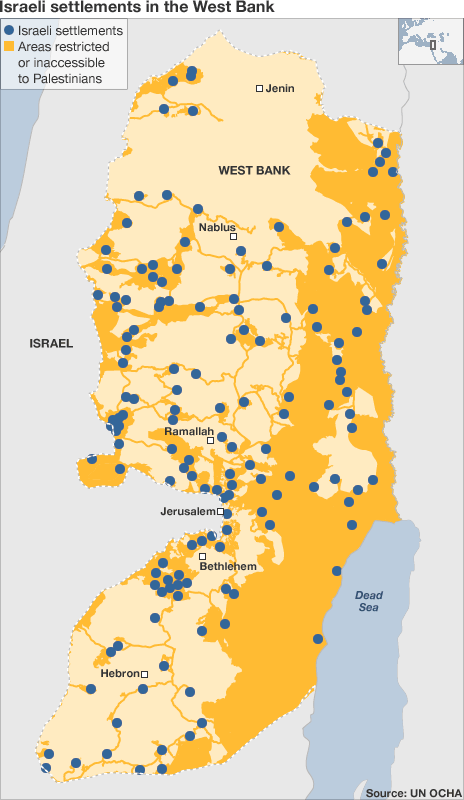
- More than two years after he first proposed a peace plan for Israel and the Palestinians, U.S. President Donald Trump said on Thursday he would reveal details on how he will tackle the long intractable political issues within days.
WHAT ARE THE KEY ISSUES?
* The status of Jerusalem, including historical sites sacred to Judaism, Islam and Christianity.
* Establishing mutually agreed borders.
* Finding security arrangements to satisfy Israel’s fears of attacks by Palestinians and hostile neighbors.
* The Palestinian demand for statehood in territory – the West Bank, Gaza Strip and East Jerusalem – captured by Israel in the 1967 Middle East war.
* Finding a solution to the plight of millions of Palestinian refugees.
* Arrangements to share scarce natural resources, such as water.
* Palestinian demands that Israel remove its settlements in the West Bank and East Jerusalem. More than 400,000 Israelis now live among roughly 3 million Palestinians in the West Bank, with another 200,000 settlers in east Jerusalem.
WHY REVIVE THE PEACE PLAN NOW?
U.S.-Israeli relations are at a zenith, with Trump and Netanyahu the closest of political allies.
Both men face domestic troubles: Trump will probably be accused of trying to deflect attention away from his impeachment trial and right-winger Netanyahu was indicted on corruption charges in November, throwing him into legal limbo. FILE PHOTO: A general view shows construction of the Israeli settlement of Ramat Givat Zeev in the occupied-West Bank November 19, 2019. REUTERS/Ammar Awad/File Photo
Both deny wrongdoing.
They also both face re-election campaigns – Netanyahu in March and Trump in November. Netanyahu twice tried and failed to secure a majority in the Israeli parliament last year.
Trump has repeatedly delayed the launch of his plan to avoid causing election problems for Netanyahu because of the possibility it will require some concessions from Israel.
But Trump faces his own political clock and could ill-afford to wait for months for Israel to decide who its next prime minister will be, according to a source familiar with the peace team’s thinking.
WHAT’S IN THE TRUMP PLAN?
The “Deal of the Century”, as it is widely dubbed, is dozens of pages long. But its political outlines have been kept a closely guarded secret.

Palestinian and Arab sources who were briefed on the draft fear that it seeks to bribe Palestinians into accepting Israeli occupation, in what could be a prelude to Israel annexing about half of the West Bank including most of the Jordan Valley, the strategic and fertile easternmost strip of the territory.
Palestinians argue that the Jordan Valley, nearly 30 per cent of the West Bank, would be a vital part of their future state, as the breadbasket of the West Bank and its external border with Jordan.
Perhaps reflecting the business background of Trump and his son-in-law, Jared Kushner, the plan’s principal author, the first stage was launched in Bahrain last June.
That took an “economy first” approach to a political and religious conflict, calling for a $50 billion investment fund to boost the Palestinian and neighboring Arab state economies.
Kushner argued that this approach could generate prosperity for the Palestinians, and security for Israel.
WHAT ARE ITS CHANCES?
The last Israeli-Palestinian peace talks collapsed in 2014.
Continuing obstacles include the expansion of Israeli settlements on occupied land, generations of mutual distrust, and the rise to power in Gaza of the armed Islamist movement Hamas, which is formally committed to Israel’s destruction. Slideshow (4 Images)
The elephant in the room is the two-state solution – the long-standing international formula to bring about peace by creating an independent Palestinian state living side-by-side with Israel.
The United Nations and most nations around the world back this blueprint, the foundation of every peace plan for decades.
But the Trump administration has pointedly refrained from endorsing it. And in November it reversed decades of U.S. policy when Secretary of State Mike Pompeo announced that Washington no longer regarded Israeli settlements on West Bank land as “inconsistent with international law”.
Palestinians and most of the international community view the settlements as illegal under international law. Israel disputes this, referencing historical, biblical and political ties to the land, and its own security needs.
CAN THE U.S. BE AN HONEST BROKER?
Netanyahu “gladly” accepted Trump’s invitation to a meeting in Washington on Tuesday with political aspects of the peace plan expected to be announced. “I think that the president is seeking to give Israel the peace and security that it deserves.”
But Palestinian President Mahmoud Abbas has said Washington can no longer be regarded as an honest mediator, accusing it of pro-Israel bias. This followed a series of Trump decisions that delighted Israel but dismayed and infuriated Palestinians.
These included recognizing Jerusalem as the capital of Israel, moving the U.S. Embassy in Israel from Tel Aviv to Jerusalem, and slashing hundreds of millions of dollars in humanitarian aid to the Palestinians.
The cuts were widely seen as a means of pressuring the Palestinian leadership to come back to the negotiating table. So far, that has failed.
REUTERS

Leave a Reply
You must be logged in to post a comment.